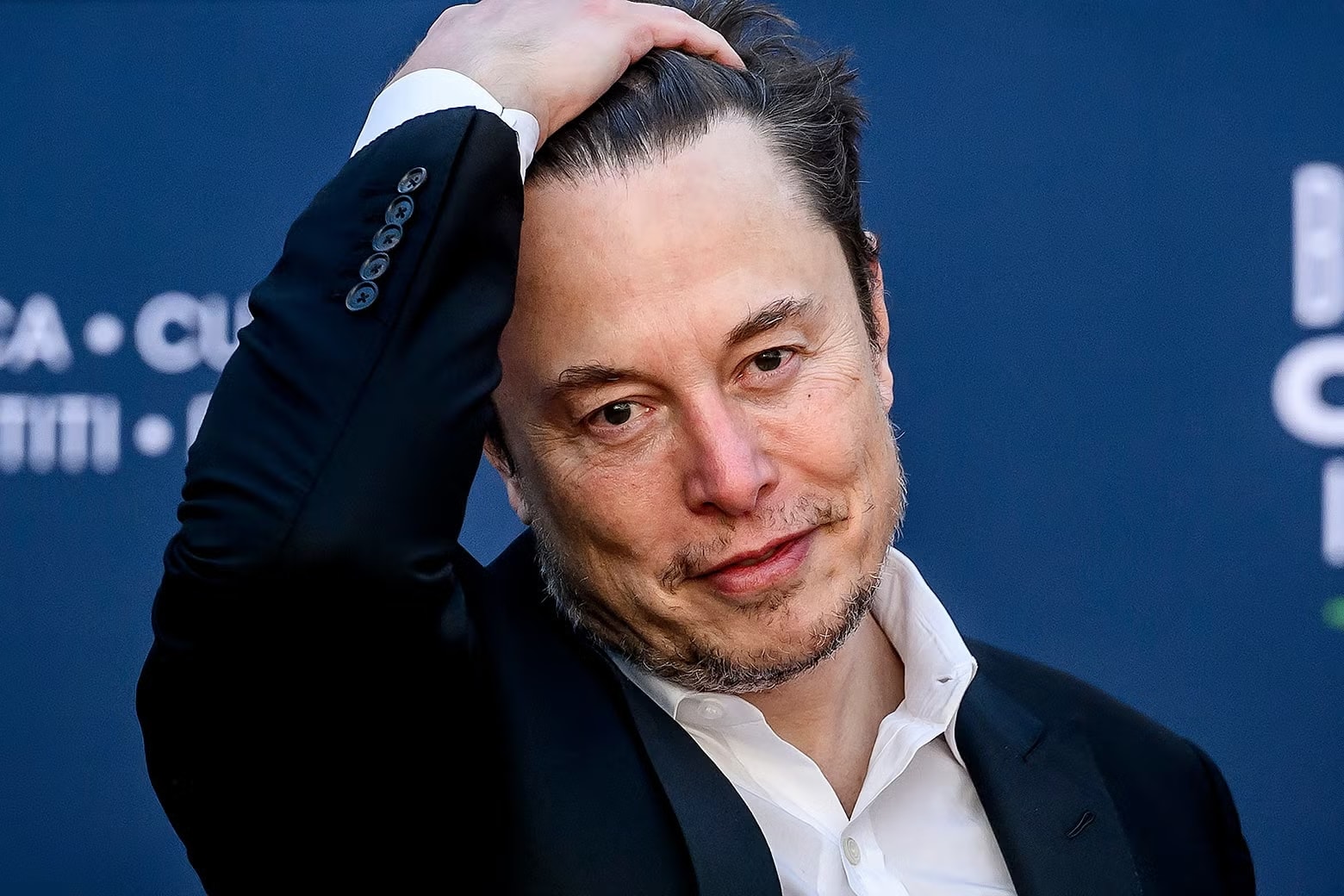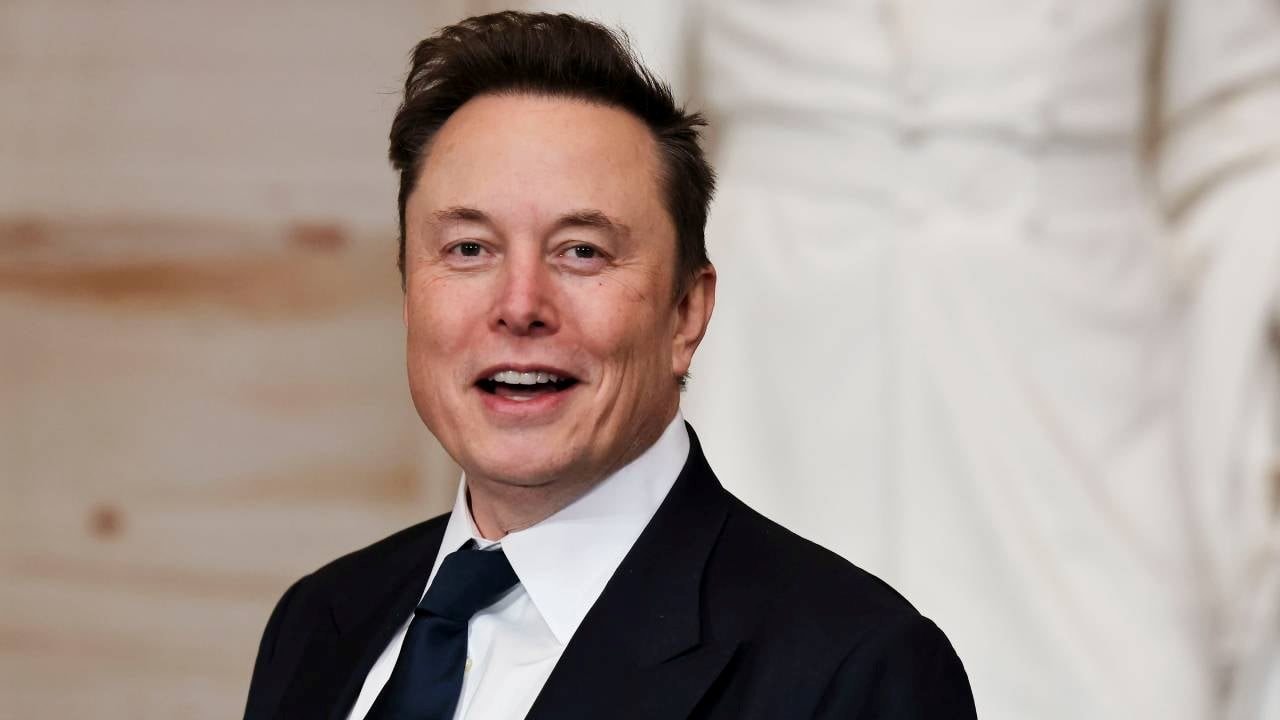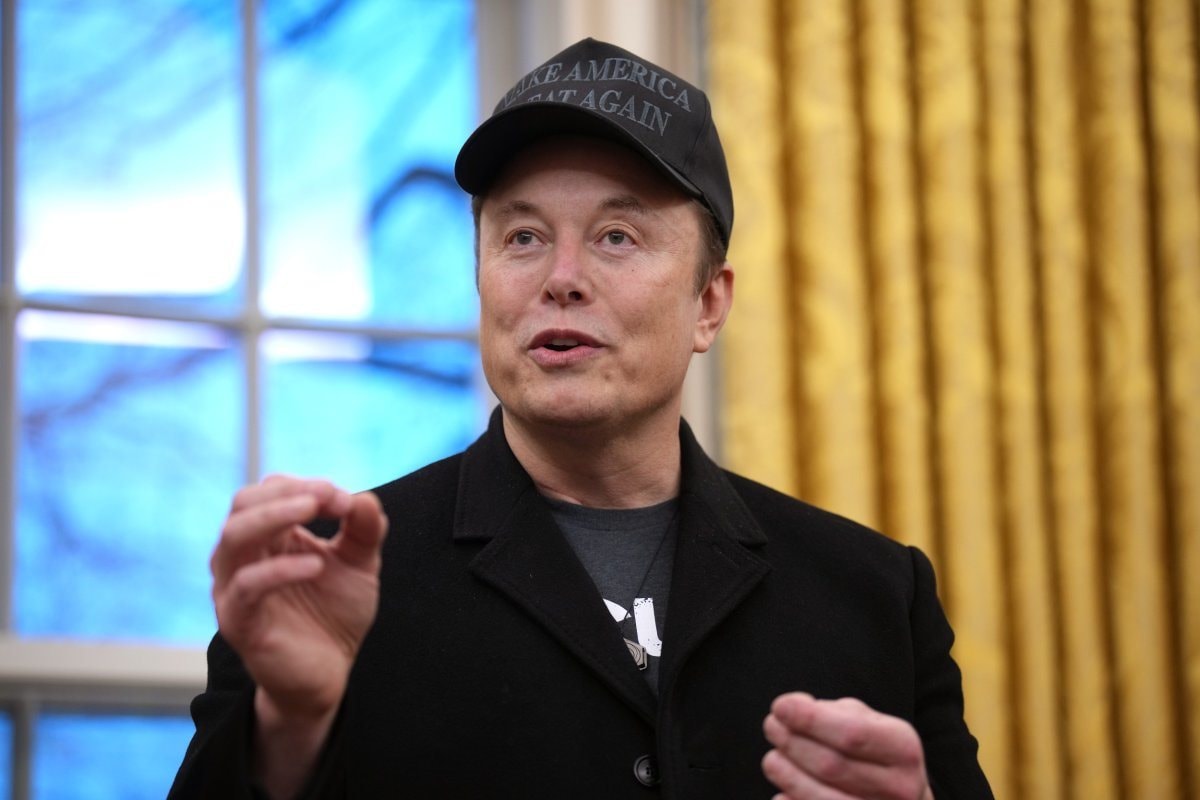
Elon Musk, the billionaire tech mogul known for his leadership at Tesla, SpaceX, and X (formerly Twitter), is once again making headlines—not for his business ventures, but for the public denunciation by his own daughter, Vivian Wilson. The 20-year-old has fiercely criticized her father, calling him “authoritarian” and openly disowning him, a move that has reignited discussions about family dynamics, gender identity, and the complex relationship between wealth and personal freedom.
Wilson, who came out as transgender in 2022, has been vocal about the struggles she faced growing up as the child of one of the world’s most influential and controversial figures. In a recent post on Threads, she accused Musk of using sex-selective IVF to determine the gender of his children, claiming that her “assigned sex at birth” was treated as a purchased commodity rather than an inherent identity.

“My assigned sex at birth was a commodity that was bought and paid for. So when I was feminine as a child and then turned out to be transgender, I was going against the product that was sold,” Wilson wrote in her post.
Her words underline a profound sense of rebellion against the expectations imposed on her since birth. She further emphasized her anger by repeating a striking accusation:
“That expectation of masculinity that I had to rebel against all my life was a monetary transaction. A monetary transaction. A MONETARY TRANSACTION.”
Wilson’s rejection of Musk is not a sudden outburst but rather the culmination of years of growing discontent. In June 2022, she legally filed to change her name, shedding the Musk surname and taking her mother’s last name, Justine Wilson.
This legal move symbolized a clear and deliberate effort to distance herself from her father, both personally and symbolically.
Unlike many estrangements that occur in private, Wilson has taken a public stance, making it clear that she was the one who made the decision to sever ties. “I disowned him, not the other way around,” she asserted.
This statement contradicts any narrative that might suggest Musk abandoned his daughter due to her gender identity. Instead, Wilson makes it clear that she made the choice to remove herself from her father’s influence—a bold statement, considering Musk’s immense wealth and power.
Musk’s stance on gender identity issues has long been a source of controversy. He has publicly mocked pronoun usage and expressed skepticism toward certain aspects of the transgender rights movement. His views have drawn backlash from LGBTQ+ advocates, who see his statements as dismissive and harmful.

It remains unclear to what extent these views played a role in Wilson’s decision to cut ties, but the ideological divide between the two is undeniable. Wilson’s accusations suggest that her father not only held certain expectations about gender but that these expectations were tied to financial and transactional reasoning—an allegation that adds a deeply personal dimension to an already contentious debate.
Musk, known for engaging in public disputes over various issues, has largely remained silent on Wilson’s statements. While he has spoken broadly about family matters in interviews, he has not directly addressed his daughter’s accusations.
Beyond the personal feud between father and daughter, Wilson’s story reflects a broader societal struggle. Many transgender individuals face rejection, misunderstanding, and pressure to conform to family expectations.
However, Wilson’s case is unique in that she is not just rejecting a parent—she is rejecting one of the most powerful and influential figures in the world.

For Musk, who champions himself as a free speech advocate and disruptor of the status quo, Wilson’s words present an uncomfortable paradox. If he truly believes in challenging systems and breaking boundaries, why does his own daughter feel that she was confined by his expectations?
Moreover, Wilson’s claims about sex-selective IVF raise ethical concerns about how wealth and technology intersect with deeply personal aspects of life. If true, it suggests that Musk was not just a father but an architect of his children’s destinies in ways that go beyond traditional parenting.
As Wilson continues to forge her own path, she is making it clear that her identity and future are entirely her own. By rejecting her father’s name, his expectations, and his influence, she is asserting her autonomy in a way that few children of billionaires ever do.
While Musk remains at the forefront of technological innovation, Wilson’s declarations serve as a stark reminder that even the most powerful figures cannot control everything—especially not the will of their own children.
It remains to be seen whether this public rift will ever be repaired. For now, however, Wilson is standing firm, making it clear that her identity and decisions belong to her alone, not to the billionaire father she has so resolutely left behind.


-1747211585-q80.webp)
-1747885724-q80.webp)
-1746846987-q80.webp)